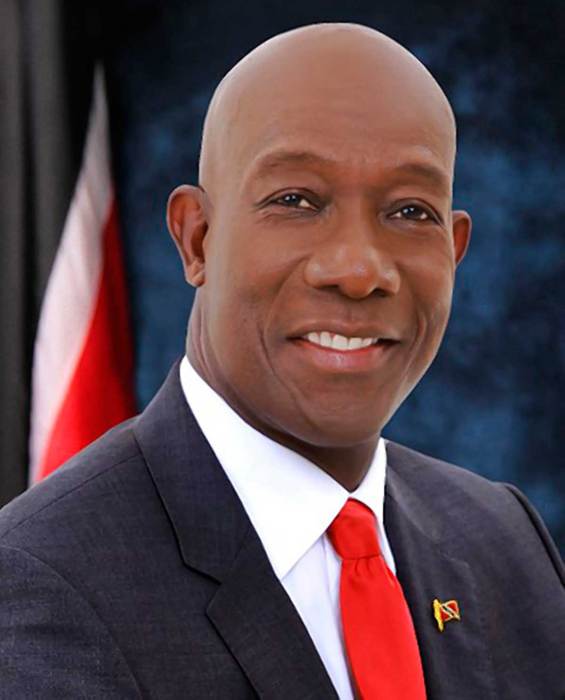Many new couples are surprised to hear it is up to a visa officer to determine if their love for one another is real.
Nonetheless, Canada’s immigration regulations impose on foreign nationals the obligation to prove their marriage to a Canadian citizen or permanent resident is “genuine.” If they fail to do so, their only recourse is an appeal to the Immigration and Refugee Board (IRB), which is under-resourced and under pressure to get through cases, perhaps, too quickly.
The appeal division of the IRB does not ordinarily allocate more than half a day, i.e. about 3.5 hours or so, per sponsorship appeal. Normally, the board would expect to hear testimony from the sponsor in person; from the applicant overseas, by telephone; from other witnesses; and legal submissions from two counsels. In addition, all witnesses are subject to cross-examination. The involvement of an interpreter, which is very common, will effectively cut in half the available hearing time since everything must be said in two languages. Counsel are often under pressure to wrap up their case in the time allotted since getting another hearing date may take months and may create further stress on long-separated couples.
In a recent case, a visa officer believed the arranged marriage of Jaswinder Kaur Dhaliwal, a 30-year-old divorcee with two young children, to a never-married 24-year-old foreigner was not genuine on several grounds. Although the officer found Dhaliwal to be credible, he believed the couple’s wedding photos were “staged.”
On appeal to the IRB, the sponsors’ lawyer submitted the couple’s wedding video to prove the wedding ceremony was not staged. The presiding member did not immediately admit the tape into evidence. Instead, due to “time constraints,” the member wanted to ascertain whether the video would ultimately be needed. At the end of the hearing, counsel was asked, “So, that’s your case then?” Perhaps thinking his case had gone sufficiently well and not wanting to cause any further delays, counsel confirmed it was.
Big mistake!
The tape was returned to counsel without it making into evidence. The board then dismissed the appeal without it ever viewing the video.
The federal court upheld the refusal, holding the lawyer waived his clients’ opportunity to introduce the wedding video.
With their rights of appeal now exhausted, the odds of this couple living together in Canada are quite remote. The sponsor will now have to face the prospect of separating from her spouse or leaving Canada with her two young children in order to join her husband.
















